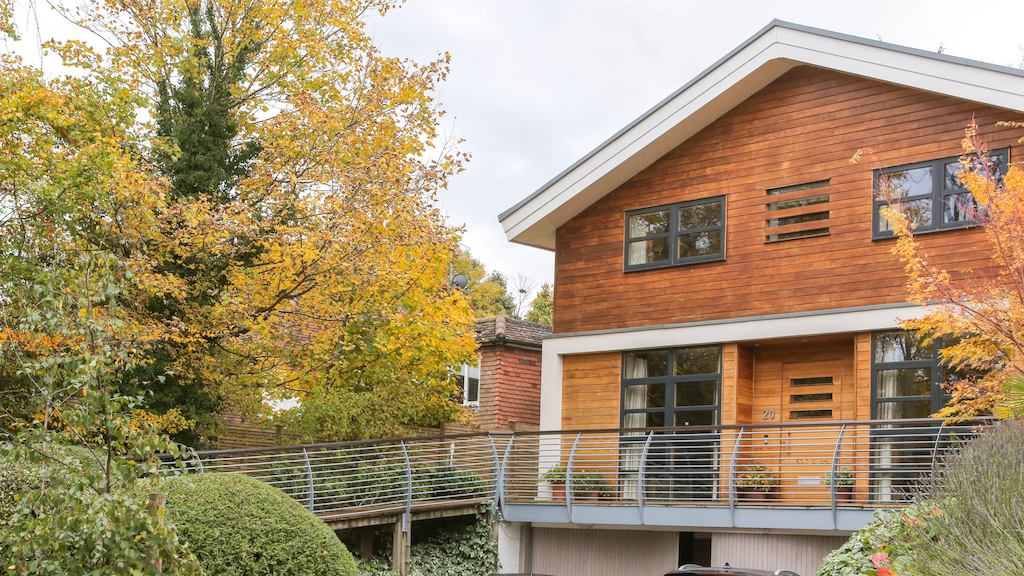Home upgrades are complex and require specialist knowledge, starting with a comprehensive assessment (home diagnostics) then designing the best solutions through to contracting and overseeing the installation of measures. Currently, homeowners are confronted by a plethora of disparate choices when what they most need is a solution that works for their home.
To provide this experience to homeowners, a trusted, independent market intermediary is required – the ‘Good Home Agency’. It would operate at two levels. Nationally, it would be a strategic enabler with a statutory responsibility for improving the overall quality and energy efficiency of our homes. It would develop a trusted national brand that would be used for local delivery, the second level. This would strengthen and scale up already existing projects and initiatives including the current network of Home Improvement Agencies, build upon existing best practice and make best use of already well-established accreditation schemes (like TrustMark, Retrofit Academy and others) and exemplar projects (such as Ecofurb).
The exact statutory basis and governance arrangement for such a body would need to be agreed but we are proposing that this ‘Good Home Agency’ would assess the property, and provide a costed, whole-house solution for improvements and repairs. They would provide access to finance packages – for example, a combination of grants and loans. They would find reliable suppliers, and could even supervise the process of improvement works. Services offered by the Good Home Agency could be publicly funded for specific target groups (e.g. vulnerable households) whilst the majority should be positioned as a commercial offer.
Whilst net zero might seem a massive delivery challenge, it presents a unique impetus to revolutionise our housing stock bringing a myriad of benefits to individuals’ health and finances and the state in terms of economic activity, job creation, savings in health and care spending as well as meeting climate targets. The Construction Leadership Council’s call for a national retrofit strategy is vital, and support for homeowners must be part of the solution. Currently, there is little support out there for homeowners whose homes are in a poor condition and need repairs, or those who want to improve the energy efficiency of their home.
It’s only by reaching homeowners, and offering them solutions, that we can achieve these benefits. An independent, impartial and solution-focussed agency – like the Good Home Agency – could be the perfect solution to bringing the nation’s housing up to scratch.

